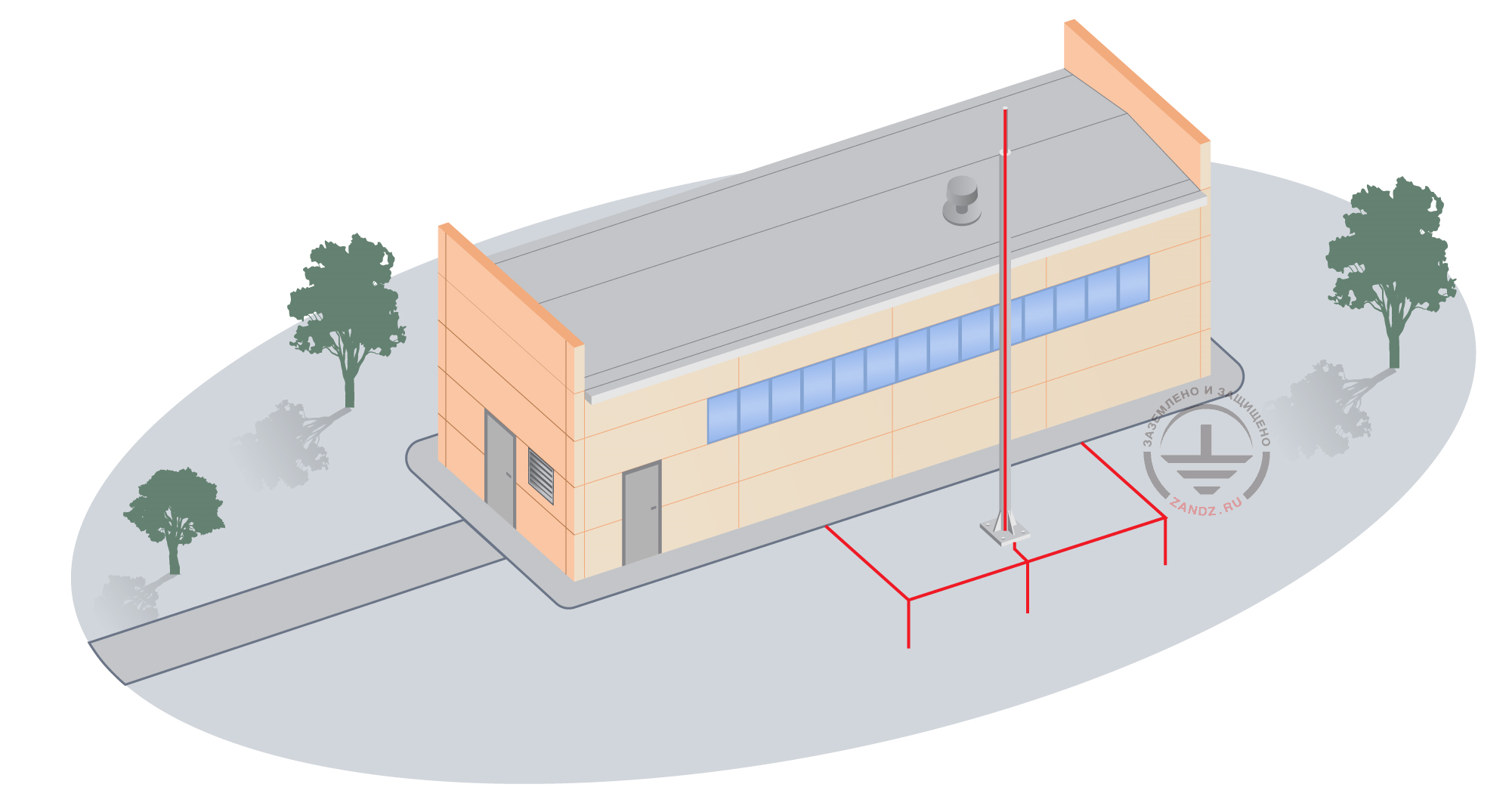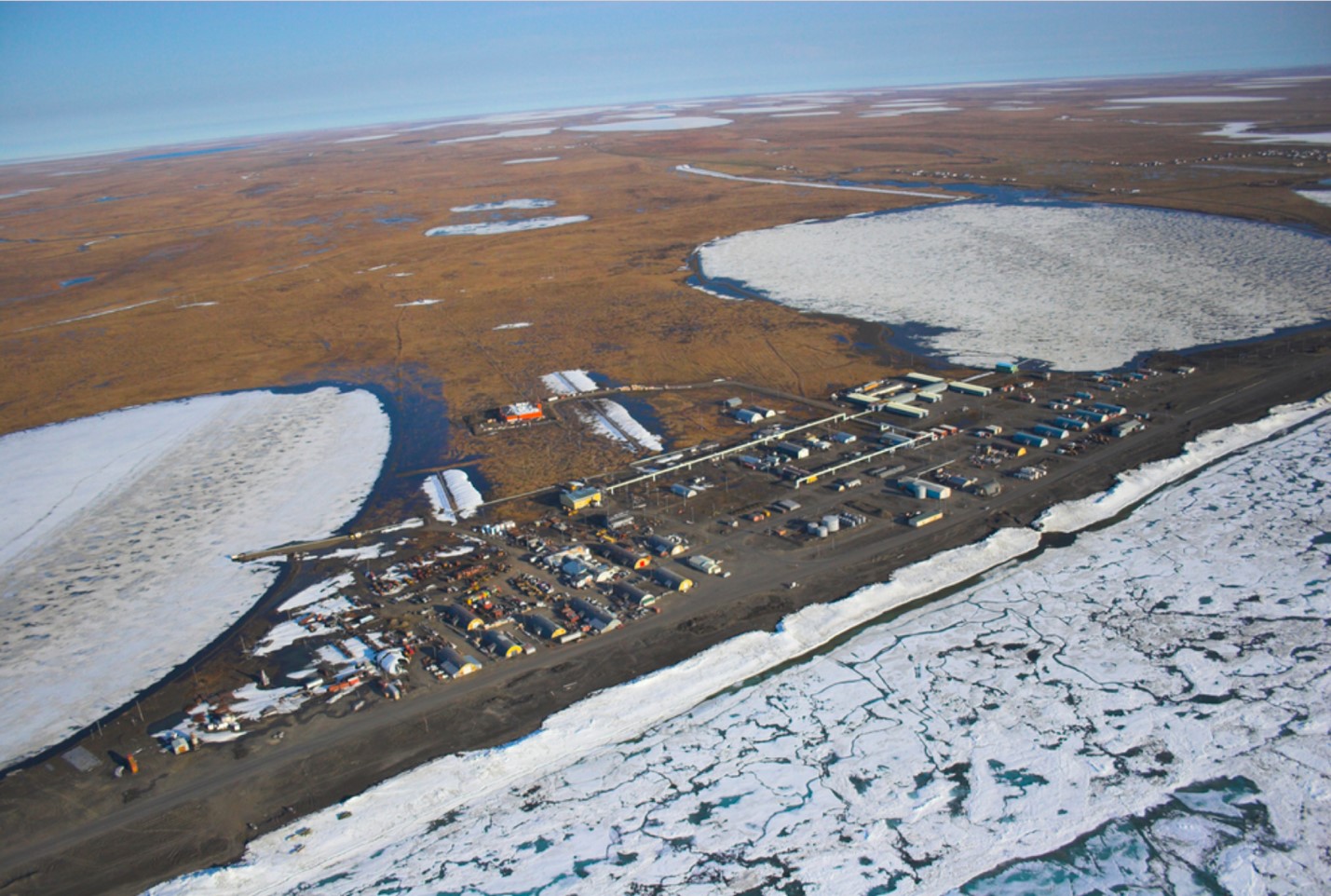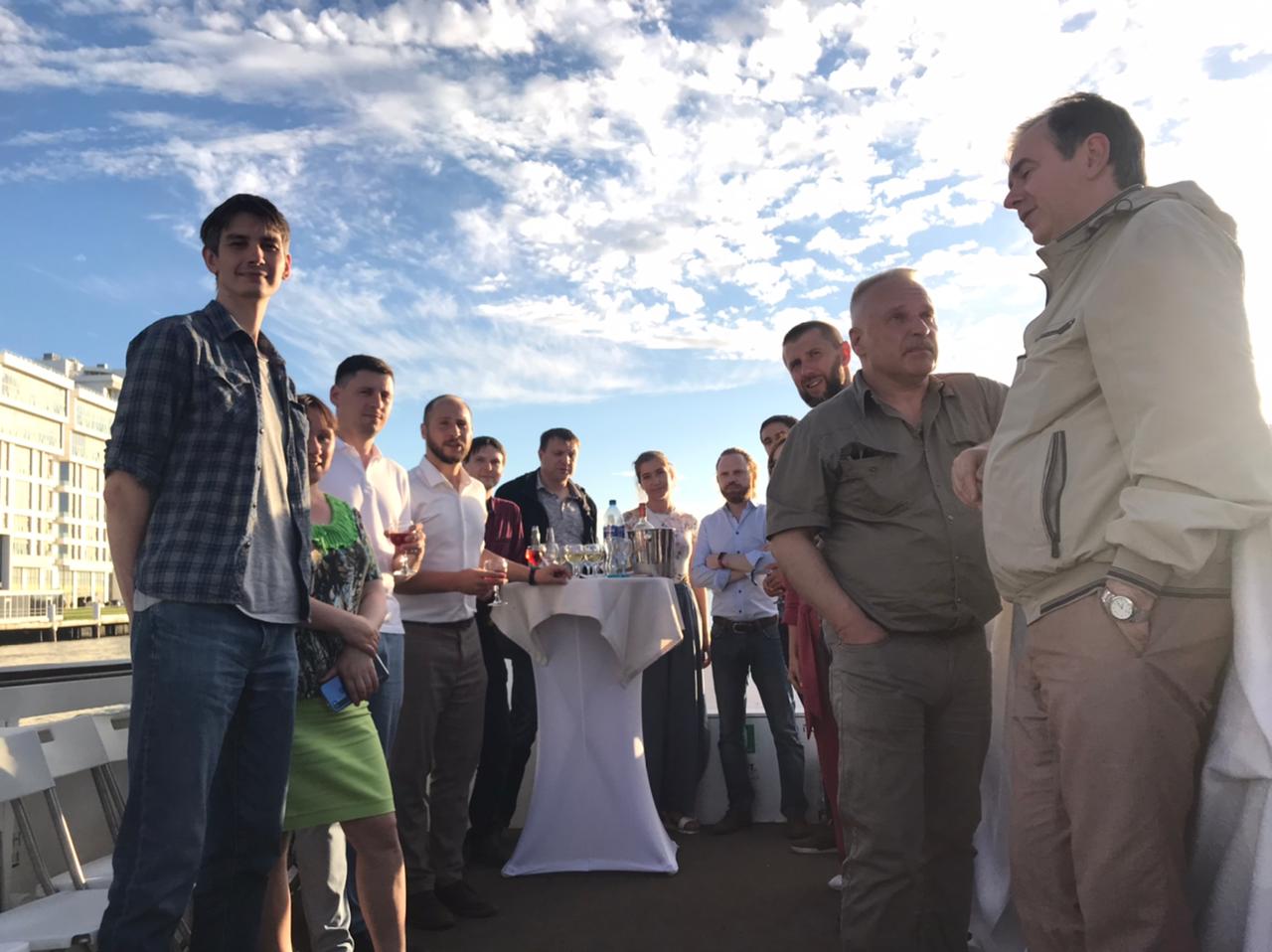At the design and construction of any object the groundwater level should be considered (GWL). This is due to the fact that at different weather conditions not only the level and water temperature may vary, but also their chemical composition, which leads to the destruction and deformation of the foundation base of buildings. Water affects every structure located on the land, that is why, it is necessary to find out what effect the ground waters impose on the ground electrode and its service life.
Let's look at the situation on an example! Lets' imagine a house, near which there is a lake (about 20 meters). The ground water level is constantly high and is located 1,5-2 meters below the foundation. What impact will ground waters have on grounding and its operation?

Water has a low resistivity, respectively, in the presence of it in the ground, the soil resistivity discreases. If the water level is high, most part of grounding will be in the water layer, that is, active current spreading will happen from this area. In such circumstances, grounding will be of a high-quality and reliable, as the current spreading resistance is low.
Let's consider another option! Let's imagine a house located in the zone of intense floods. Water level is seasonal and varies depending on the season. How will these conditions affect the operation of the ground electrode?
First of all, grounding installation should be carried out in summer in dry weather when the humidity is low. As we wrote above, the excess water will distort the reading of resistivity, and it is likely that when the weather is dry your grounding contour will be inoperative.
Secondly, the main problem of the coming water is its chemical composition. In the presence of impurities in it, such as salts, alkalis and various acids, there happens destruction of the metal structure. It brings to corrosion, mould and reduced service life of the construction materials. Let us note that the black steel rusts in water environment without impurities. For ZANDZ grounding it is not a cause for concern, anticorrosive properties of the copper coating will help to avoid the harmful effects of aggressive water environment.
To summarize: the groundwater level is an important factor and requires attention when installing grounding. At the design stage it is important to correctly determine resistivity of the soil area, taking into account the behaviour of ground waters in it and their seasonality. And also choose corrosion resistant ground electrode
Related Articles:





